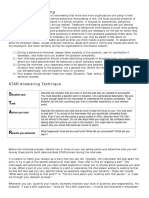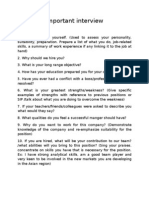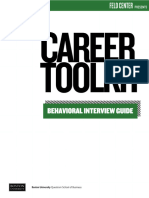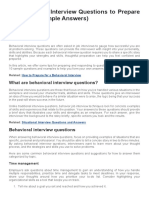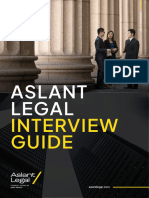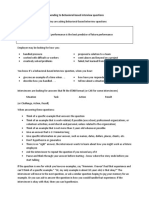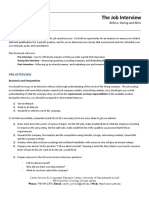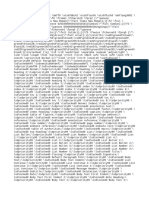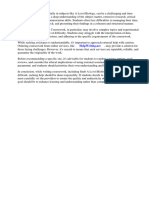0% found this document useful (0 votes)
17 views5 pagesJob Interview
The document provides guidance on answering common job interview questions, particularly focusing on strengths and weaknesses, qualifications, salary expectations, motivations, and questions for the interviewer. It emphasizes the importance of self-awareness, problem-solving skills, and aligning responses with job requirements. Additionally, it introduces the STAR method for effectively answering behavioral interview questions.
Uploaded by
Maria FerreriaCopyright
© © All Rights Reserved
We take content rights seriously. If you suspect this is your content, claim it here.
Available Formats
Download as PDF, TXT or read online on Scribd
0% found this document useful (0 votes)
17 views5 pagesJob Interview
The document provides guidance on answering common job interview questions, particularly focusing on strengths and weaknesses, qualifications, salary expectations, motivations, and questions for the interviewer. It emphasizes the importance of self-awareness, problem-solving skills, and aligning responses with job requirements. Additionally, it introduces the STAR method for effectively answering behavioral interview questions.
Uploaded by
Maria FerreriaCopyright
© © All Rights Reserved
We take content rights seriously. If you suspect this is your content, claim it here.
Available Formats
Download as PDF, TXT or read online on Scribd
/ 5
